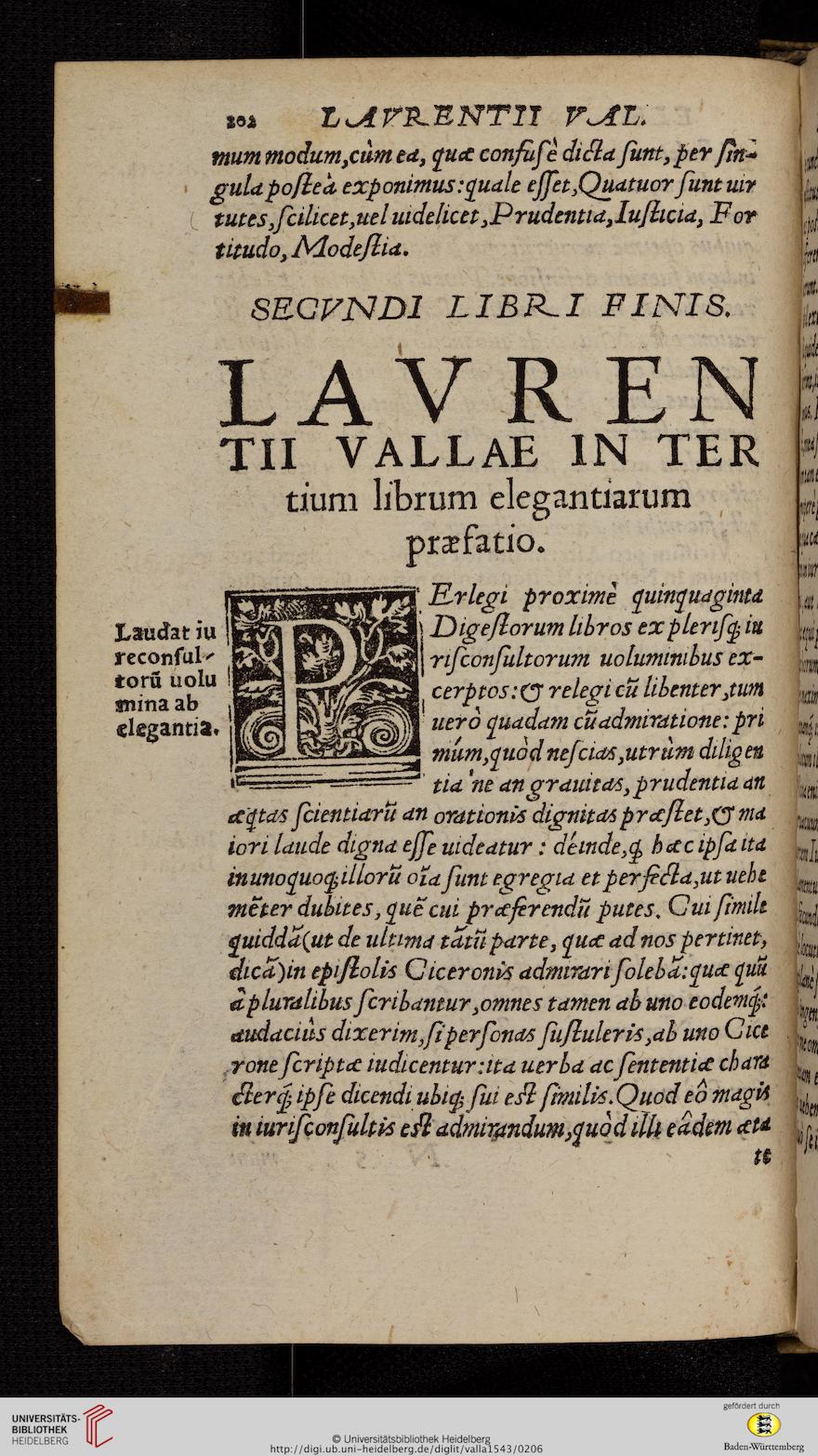

Cum enim aliquis amat aliquid quasi concupiscens illud, apprehendit illud quasi pertinens ad suum bene esse. Cum autem sit duplex amor, scilicet concupiscentiae et amicitiae, uterque procedit ex quadam apprehensione unitatis amati ad amantem.

Quae quidem unio consideranda est ex apprehensione praecedente, nam motus appetitivus sequitur apprehensionem.

Una quidem secundum rem, puta cum amatum praesentialiter adest amanti. Respondeo dicendum quod duplex est unio amantis ad amatum. Nom., quod amor quilibet est virtus unitiva. Sed contra est quod dicit Dionysius, IV cap. Therefore union is the effect of knowledge rather than of love. But the lover in act is not the beloved in act. Objection 3: Further, the sense in act is the sensible in act, and the intellect in act is the thing actually understood. Ergo unio magis est effectus cognitionis quam amoris. Non autem amans in actu fit amatum in actu. Praeterea, sensus in actu fit sensibile in actu, et intellectus in actu fit intellectum in actu. Therefore union is not an effect of love. On the other hand, love does not cause union of likeness, but rather is caused by it, as stated above ( Question, Article ). But love does not cause union of essence else love could not be between things essentially distinct. Objection 2: Further, every union is either according to essence, thus form is united to matter, accident to subject, and a part to the whole, or to another part in order to make up the whole: or according to likeness, in genus, species, or accident. Unionem autem quae est per similitudinem, amor non causat, sed magis ab ea causatur. Sed amor non causat unionem essentiae, alioquin nunquam haberetur amor ad ea quae sunt per essentiam divisa. Praeterea, omnis unio aut est per essentiam, sicut forma unitur materiae, et accidens subiecto, et pars toti vel alteri parti ad constitutionem totius, aut est per similitudinem vel generis, vel speciei, vel accidentis. 4:18): "Be zealous for that which is good in a good thing always" (speaking of himself, according to a gloss), "and not only when I am present with you." Therefore union is not an effect of love. But love is compatible with absence for the Apostle says ( Gal. Objection 1: It would seem that union is not an effect of love. IV, bonum aemulamini in bono semper (loquens de seipso, ut Glossa dicit), et non tantum cum praesens sum apud vos. Sed amor compatitur secum absentiam, dicit enim apostolus, ad Galat. Videtur quod unio non sit effectus amoris. (6) Whether love is cause of all that the lover does?Īd primum sic proceditur. Sexto, utrum amor sit causa omnium quae amans agit. (5) Whether love is a passion that is hurtful to the lover? Quinto, utrum amor sit passio laesiva amantis.

(3) Whether ecstasy is an effect of love? Tertio, utrum extasis sit effectus amoris. (2) Whether mutual indwelling is an effect of love? We now have to consider the effects of love: under which head there are six points of inquiry: Fathers of the English Dominican Provinceĭeinde considerandum est de effectibus amoris.


 0 kommentar(er)
0 kommentar(er)
